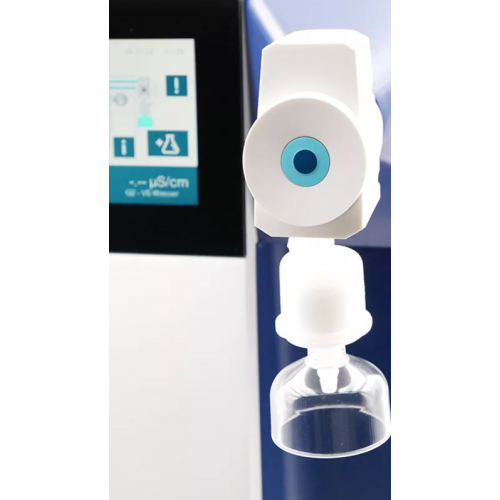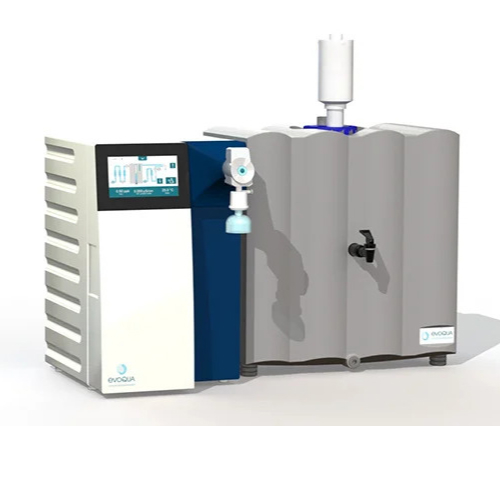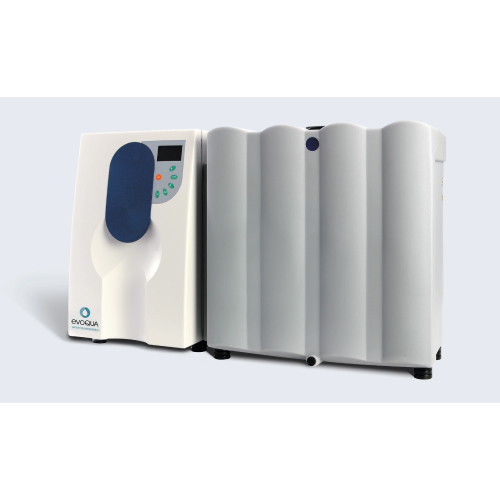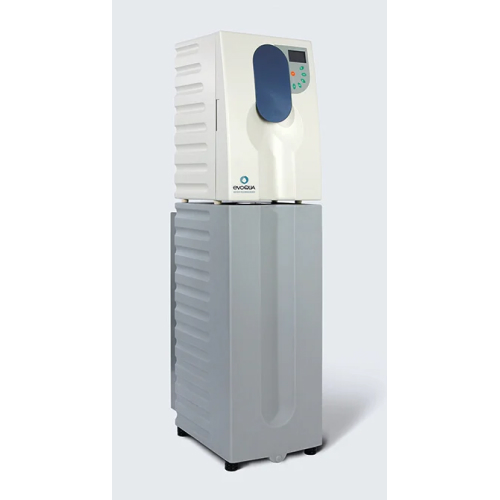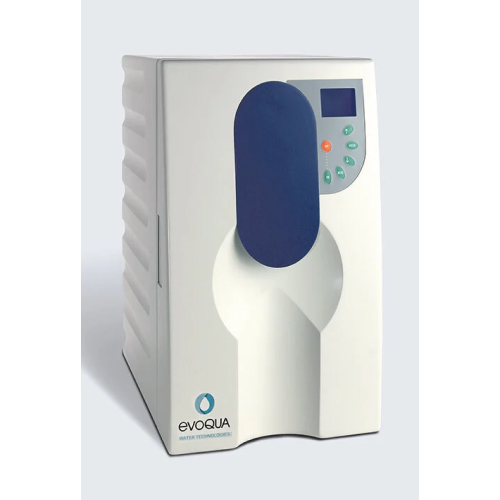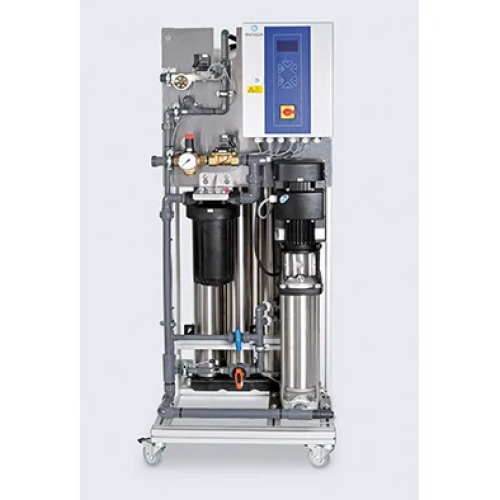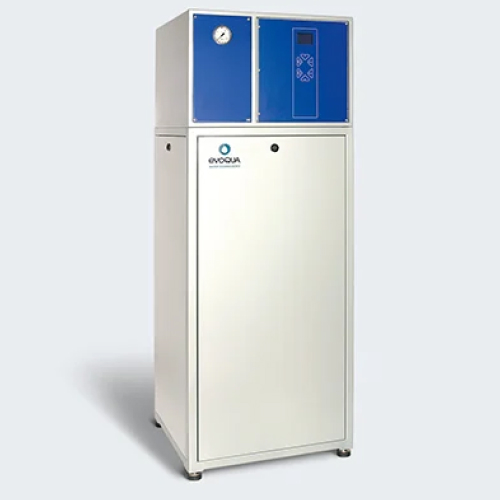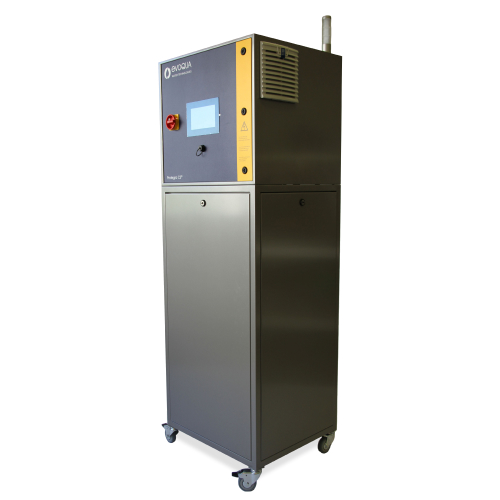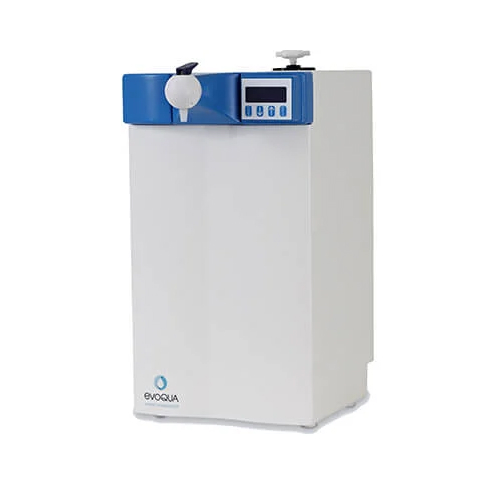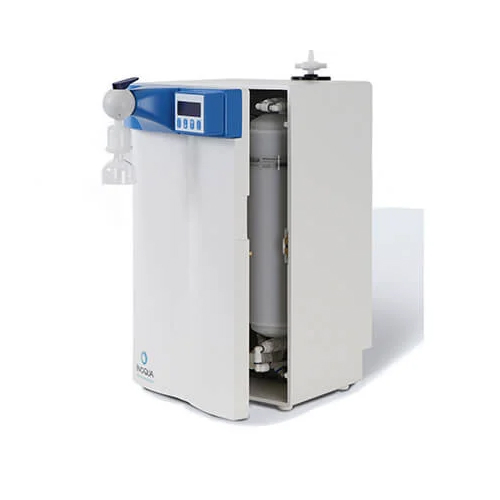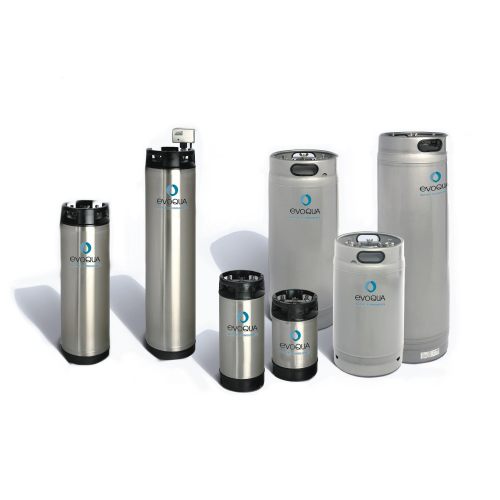Clean Lab Water in Hospital Settings
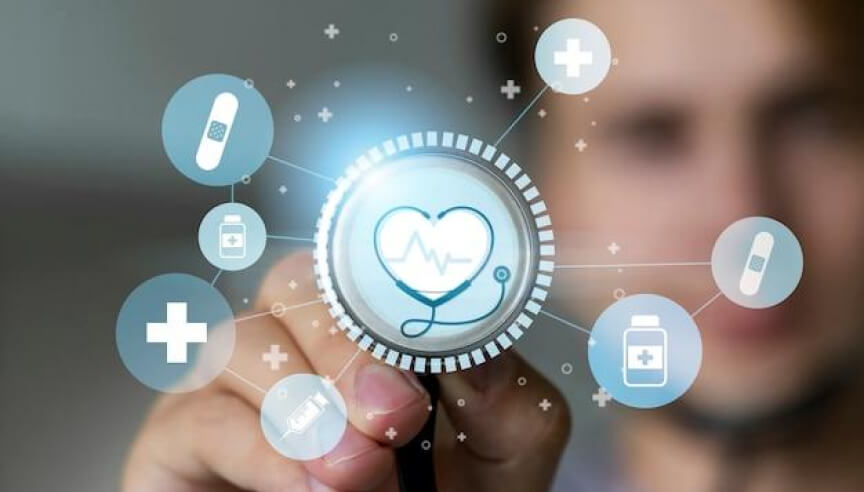
In the intricate web of operations within a hospital, the significance of clean lab water often remains understated. However, behind the scenes, the availability of high-quality water is pivotal in numerous aspects of healthcare delivery. From diagnostic procedures to critical research endeavors, the reliance on purified water in hospitals is paramount for ensuring patient safety, accurate diagnoses, and the advancement of medical science.
The Crucial Role of Clean Lab Water in Hospital Settings
In the intricate web of operations within a hospital, the significance of clean lab water often remains understated. However, behind the scenes, the availability of high-quality water is pivotal in numerous aspects of healthcare delivery. From diagnostic procedures to critical research endeavors, the reliance on purified water in hospitals is paramount for ensuring patient safety, accurate diagnoses, and the advancement of medical science.
Diagnostic Accuracy and Patient Safety
In the realm of healthcare, precise and reliable diagnostic tests are fundamental to effective patient care. Laboratory water of exceptional purity serves as an essential component in various diagnostic assays, ranging from basic blood tests to complex molecular analyses.
Clinical Chemistry: Clinical chemistry laboratories extensively employ purified water in the preparation of reagents and calibration solutions for tests measuring biomarkers, enzymes, electrolytes, and other vital components in blood and bodily fluids. Any impurities in water can lead to inaccurate results, potentially affecting patient diagnoses and subsequent treatments.
Microbiology and Pathology: In microbiology and pathology, sterile water is indispensable for culturing, media preparation, tissue processing, and staining procedures. Contaminated water can compromise the integrity of cultures or staining, leading to erroneous results and impacting patient care.
Medical Equipment and Procedures
Beyond laboratory analyses, clean water plays a pivotal role in various medical procedures and equipment maintenance within hospitals.
Medical Equipment: Medical devices such as autoclaves, sterilizers, and dialysis machines heavily rely on purified water to ensure proper functionality and prevent contamination. Any impurities in water used for these purposes could pose serious risks to patients’ health and compromise the effectiveness of medical equipment.
Patient Care: From wound cleaning and irrigation to the preparation of intravenous (IV) solutions and medications, the use of purified water is essential in maintaining a sterile environment and safeguarding patients against infections or complications.
Research and Development
Hospitals often serve as hubs for medical research and innovation. In these settings, laboratories engaged in pharmaceutical research, clinical trials, and development of new medical technologies depend on purified water for their experiments and processes. The quality of water directly influences the reliability and reproducibility of research outcomes, ultimately impacting the advancement of healthcare practices and treatments.
Ensuring Quality and Safety
The purity of water utilized in hospitals is regulated by stringent quality standards and guidelines. Water purification systems installed in healthcare facilities undergo rigorous validation and routine monitoring to ensure compliance with these standards. Techniques such as reverse osmosis, deionization, and filtration are commonly employed to achieve the desired level of purity, meeting the specific requirements of different medical applications.
Challenges and Future Outlook
Challenges persist in maintaining consistent access to clean lab water in hospitals, including the need for regular maintenance of purification systems and addressing potential contamination risks in distribution systems. However, advancements in purification technology and increased emphasis on quality control and system monitoring aim to mitigate these challenges.
Looking forward, the future of clean lab water in hospitals hinges on ongoing innovations in water purification, stringent adherence to quality standards, and continued education and training to ensure the proper handling and use of purified water across various healthcare settings.
In essence, the role of clean lab water in hospitals is indispensable, serving as a cornerstone for accurate diagnoses, safe patient care, and the advancement of medical research. Its significance underscores the critical nexus between water quality and the delivery of optimal healthcare services.

